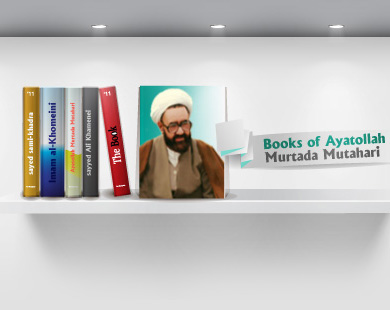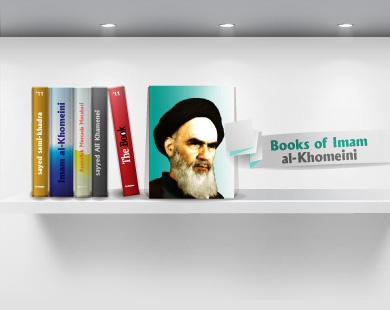(Say: "Come, I will rehearse what Allah hath (really) prohibited you from": Join not anything as equal with Him; be good to your parents; kill not your children on a plea of want;- We provide sustenance for you and for them;- come not nigh to shameful deeds. Whether open or secret; take not life, which Allah hath made sacred, except by way of justice and law: thus doth He command you, that ye may learn wisdom.)1
Indications:
-In these two verses and the two verses that follow, it is pointed out to some standards and important teachings which all the divine religions agree on. Some similar teachings were mentioned in Torah (the Jewish holy book) in Sefer (Torah scroll) of leaving door 20.
-It was narrated that two of the city leaders came to the Prophet Mohammad (pbuh), so when the prophet recites these verses they embraced Islam and asked him to send with them a propagandist to teach Qur’an and religion issues to their people. The noble prophet then sent Mus'ab bin Omayr. Since that time, Islamic rules were set up there and Yathrib life has changed.
-The holy Quran recommends in 4 verses to be good to your parents. In all these verses, this commandment is associated with Monotheism and forbidding polytheism. As this verse shows what is forbidden in Islam; thus, not being good to your parents is considered as a forbidden issue. 2
-The five teachings mentioned in this verse are intertwined for the extent of appearing as one teaching. “He recommended you by that”: pay attention that the word “that” is used in the singular form.
-Al Imam Ja'far Al Sadek (pbuh) was asked about the meaning of kindness in the verse that says “to be good to your parents”. He answered: “Kindness here means to be good companions for them, and never over task him to demand anything they need, even if they are in no need of”. 3
Teachings:
One of the responsibilities of prophets is to demonstrate the divine teachings for people, “rehearse what Allah hath (really) prohibited you from”.
When the origin was authorizing issues, then the only forbidden teachings are mentioned “rehearse what Allah hath (really) prohibited you from”.
The prophets didn’t prohibit anything from themselves, but God almighty has set up what is forbidden in religion, “Allah hath (really) prohibited you from”.
Prohibiting the forbidden is to achieve the perfection of a human being and educating him, “Allah hath (really) prohibited you from”.
When polytheism was the origin of all the evils, He mentioned it on the forefront of the forbidden, “Join not anything as equal with Him”.
Monotheism first, then being good to your parents “to be good to your parents”.
All the teachings of this verse were mentioned in a forbidding formula, except being good with your parents was mentioned as an imperative. God almighty doesn’t only ask not to harm them, but to be good to them “to be good to your parents”.
Killing children or applying miscarriage because of the fear of having a family or facing poverty are considered as behaviors of the Pre-Islamic times. God almighty has guaranteed their sustenance, then why will you fear from poverty? “We provide sustenance for you”
Two improvements are in demand: the improvement of the society and the improvement of the soul from the devils, “whether open or secret”.
Some deeds are dangerous to the extent of calling for not approaching it, “come not nigh to”.
The divine teachings agree with the brain, or they are an introduction to understand them well, “that ye may learn wisdom”.
Al Nour Explanation, Al Sheikh Mohsen Kara’ti
1 Al An’am: 151
2. Surah Al Baqarah, verse 83. Surah Al Nisa’ verse 36. Surah Al An’am verse 151, Surah Al Isra’ verse 23.
3 Al Kafi, part 2, page 157. Bihar Al Anwar, part 71, page 39.




















